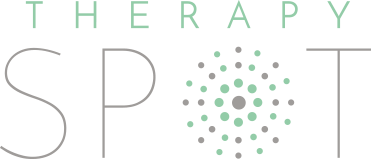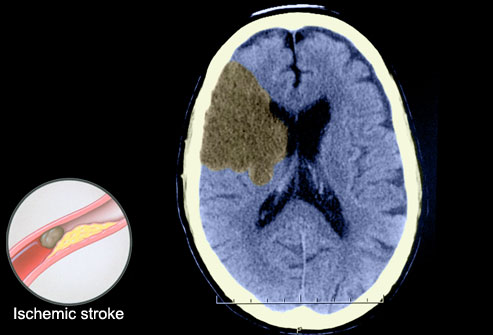What is Aphasia?
At Simone Friedman SLS, one of the most commonly treated difficulties is aphasia secondary to a stroke. Aphasia is a language disorder that affect the ability to read, write and produce and understand speech. It commonly occurs when someone has experienced a stroke on the left side of the brain as this is the language center.
How Does Being Bilingual Help?
We often are asked by our clients whether bilingualism impacts functioning in a positive manner after having a stroke or even from getting dementia long term. This current research study looked at the effect of multilingualism on cognitive function after a stroke? This study in India looked the likelihood of having cognitive impairments and aphasia following a stroke in multilingual and monolingual patients.
They firstly wanted to determine whether speaking multiple languages affected attention and organization of information differently than patients who only spoke one language after having a stroke. Of course, they had to consider aspects of the patients’ lifestyles, since smoking, diabetes and other health detriments could affect their level of cognitive function as well.
Does It Improve Cognitive Function?
With these other effects in mind, the results they found were consistent with what they predicted: bilinguals had a much higher chance of regaining normal cognitive function after a stroke: in fact, they were 2 times as likely to regain normal functioning with respect to attention and organization of information compared to monolinguals!
Does it Decrease The Likelihood of Getting Aphasia?
But, the discoveries didn’t stop there. The Researchers were also interested in whether multilingualism would show a difference in the likelihood of aphasia after a stroke. As it turns out, after having a stroke, those who were multilingual did not benefit from their extra vocabulary and neural networking in preventing an aphasia. In fact, the likelihood of getting aphasia after a stroke was the same whether you were multilingual or monolingual.
Although a confusing result, researchers speculated that this may be due to difficulty in the multilingual’s to sort through, organize and pull from their extensive vocabulary from all languages. However, given that this is simply a theory it requires further investigation. In fact, anecdotally at Simone Friedman SLS, our Speech Therapists often find that those clients who are multilingual may lose one of the languages; However, they are often able to retain a fair amount of the other.
What does this Mean?
Does this mean we should all go learn a new language if we currently only speak one to benefit at least from improved cognitive functioning (i.e.,attention, organization) after a stroke? Not necessarily. Although bilingualism has been seen to help with cognitive damage after a stroke, this effect is likely only possible if you have spoken multiple languages from a young age. At Simone Friedman SLS, the Speech Therapists see many clients with aphasia following a stroke. We work both to improve the client’s communication (including reading and writing), and often times articulation of sounds if they have an apraxia. In addition we provide a fair amount of training to the family so that they can feel empowered to communicate with their loved one who has suffered from the stroke.
References:
(2015, November 19). Better Cognitive Function After Stroke for Bilingual Patients. Neuroscience News.com. Retrieved from http://neurosciencenews.com/bilingual-cognition-stroke-3131/
Alladi, S DM, Bak, T.H. MD, Mekala, S. PhD, Rajan, A., MA, Chaudhuri, J. R. DM, et al. (2015) Impact of Bilingualism on Cognitive Outcome After Stroke. Stroke. doi:10.1161/STROKEAHA.115.010418



